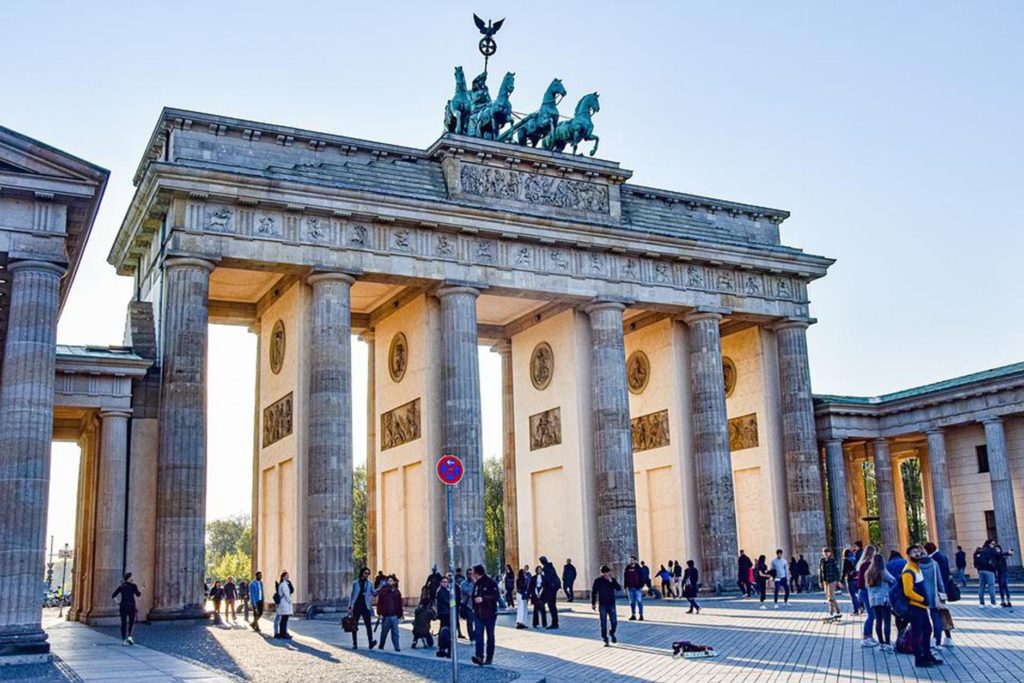
According to German Chancellor Olaf Scholz, Russia’s invasion of Ukraine is “Putin’s war, not the war of the Russian people,” hence Germany will not join the calls of numerous other European countries to stop issuing tourist visas to Russian citizens.
The countries advocating this restriction argue that Russian citizens shouldn’t be permitted to travel to Europe for vacation while their government is at war with its neighbour. Finland and Denmark have called for a unified EU resolution, and some EU nations with borders to Russia have stopped issuing visas to Russian citizens.
“It is (Russian President Vladimir) Putin’s war, and we have to be clear on that matter,” Sholze counters. We must realise that many Russian citizens are leaving the country because they are unhappy with the government there.
He said, “All the decisions we make (within the EU) should not make it harder to go for freedom, to leave the country,” during a one-day conference of the five Nordic leaders in Oslo to which the German chancellor was invited.
On 31 August, EU foreign ministers will gather for an unofficial meeting to discuss the visa problem.
Prime Minister Sanna Marin of Finland, who supports a ban, has remarked that it is something “we need to address.”
She stated during a press conference, “It is not a black or white question; there are shades of grey.”
After Russia invaded Ukraine, the European Union stopped all flights from Russia. However, Russians can still drive to neighbouring EU countries and, presumably, fly on to their final destinations within the continent.
Visas issued inside the Schengen area of Europe can be used in all 26 countries within the Schengen area, including all 22 EU members and also Iceland, Liechtenstein, Norway, and Switzerland. Typically, there are no checks between these countries for persons or products at the borders.
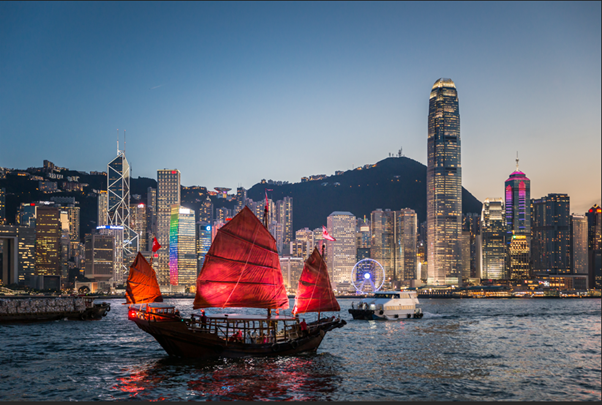 Two Holidays in One: Why Hong Kong is the Perfect Stopover
Two Holidays in One: Why Hong Kong is the Perfect Stopover  The AI Revolution in Travel: Transforming Journeys and Experiences
The AI Revolution in Travel: Transforming Journeys and Experiences  Experiencing Tokyo Beyond the Crowds
Experiencing Tokyo Beyond the Crowds  Discover Canada’s Summer Wonders: From Toronto to Montréal and Beyond
Discover Canada’s Summer Wonders: From Toronto to Montréal and Beyond 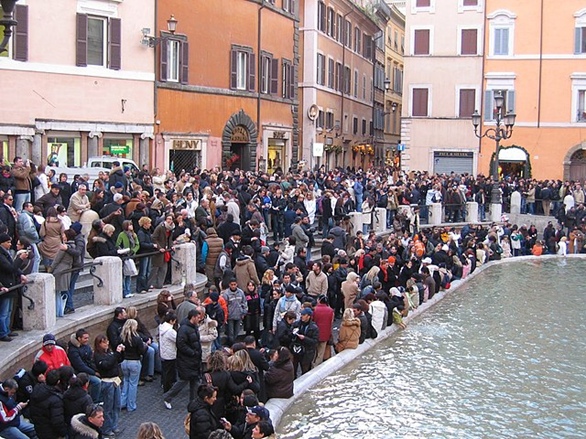 Overtourism Sparks New Travel Trends
Overtourism Sparks New Travel Trends 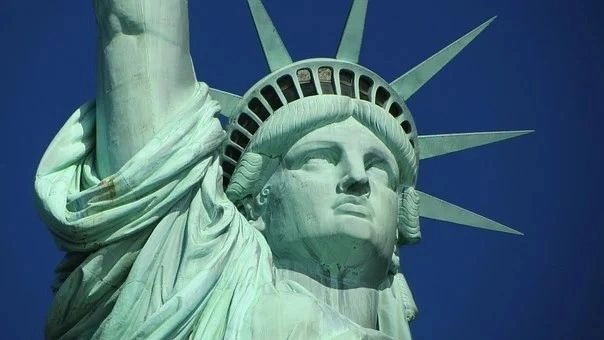 Why Australians are Choosing the United States Over Europe This Holidays
Why Australians are Choosing the United States Over Europe This Holidays 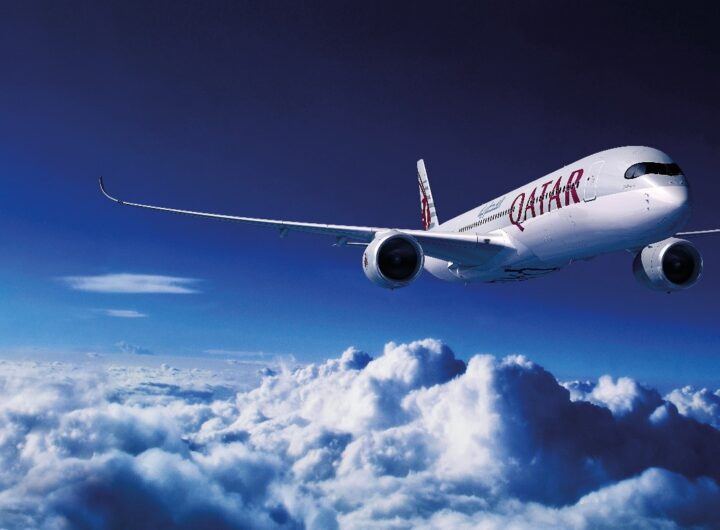 Qatar Airways Resumes Flights To Malta: Enhancing International Connectivity
Qatar Airways Resumes Flights To Malta: Enhancing International Connectivity  Viking Cruises Unveils 14 New Ocean Itineraries for 2026 & 2027
Viking Cruises Unveils 14 New Ocean Itineraries for 2026 & 2027 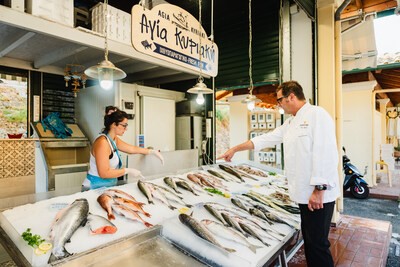 Seabourn Elevates Onboard Dining with New Menus and Local Flavours
Seabourn Elevates Onboard Dining with New Menus and Local Flavours 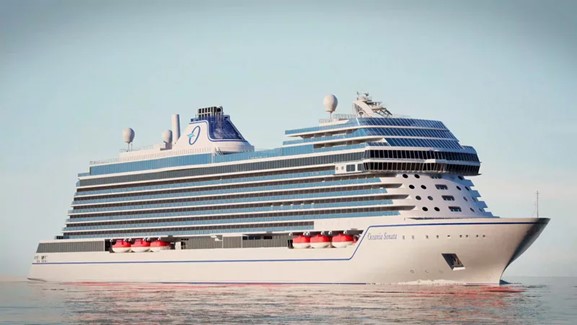 Oceania Cruises Marks a New Era with the Construction of the First Sonata Class Ship
Oceania Cruises Marks a New Era with the Construction of the First Sonata Class Ship 